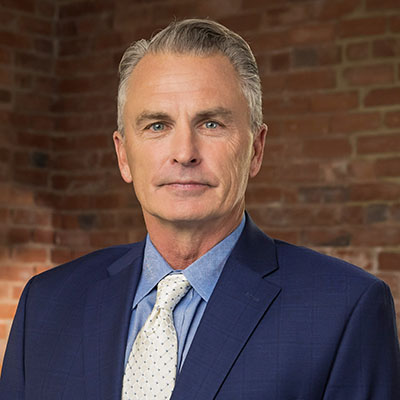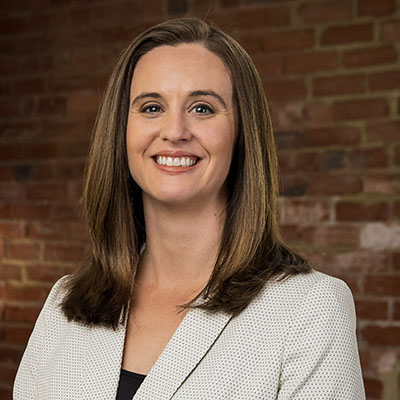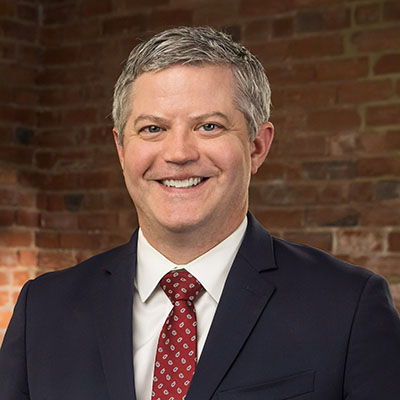It is reported that there are currently more than 500 million users of Facebook and that these users spend over 700 billion minutes per month on Facebook. Interestingly, approximately 70% of Facebook users are outside of the United States.
Facebook is more than just individual people. There are over 900 million objects that people interact with (pages, groups, events and community pages). There are more than 30 billion pieces of content (web links, news stories, blog posts, notes, music, etc.) shared each month.
This, as you can already tell, is an amazing amount of traffic and information. While the majority of the content and people are involved for the specific purposes of reacquainting with old friends or networking, there are some spammers and scammers out there that use your information for their own personal gain. Some are trying to infect your computer with viruses that can range from the minor problem to the complete computer shut down. Others may just be looking for personal information they can sell or use.
Users should be aware that everything put on Facebook is in the cyberworld forever. Please do not think that removing a sentence, thought or picture from Facebook erases its existence. It can always be found by the savvy techie. The key here is to never put anything on Facebook that you would not want your grandmother, mother, boss or future employer to see.
Here are some other useful tips to make your time on Facebook more enjoyable and safe.
1. PRIVACY SETTINGS: Probably the most important tip to pass along would be to understand your Facebook privacy settings.
- You can make Friend Lists, which groups your friends into different categories (personal friends, acquaintances, work). You can then use your security settings to select who can see what (and who cannot).
- You can limit who can find you and what they can see. You can restrict which people can find you on Facebook plus what is actually viewable on your profile page.. The “settings” menu and “privacy settings” control this information.
2. PERSONAL IDNETIFYING INFORMATION: Do not post your address, phone number, place of employment, or organizations you belong to on your profile. Do not list the year of your birthday; list only the date. Too much information makes it easier for your identity to be taken over or for someone to locate and potentially stalk you.
3. ONLY “FRIEND” PEOPLE YOU KNOW: Do not “friend” people you do not know. Criminals often use fake profiles to send spam or even worse, steal personal information.
4. LIMIT DOWNLOADS: Be careful about downloading extra applications for your Facebook page. Make sure others are using this page and have positive comments about it.
5. BE CAREFUL OF LINKS: Be careful when you click on links that you receive in messages that you think are from your “friends.” Viruses have been known to generate these messages and exist in these links.
6. KEEP YOUR LOCATION PRIVATE: Protect where you are. You should not list your home address. When out and checking Facebook from a different location, not a good idea to describe where you are in a post because that means you are not home and therefore your house is probably empty. Also, posting that you are on a family vacation tips people off that your house is available to be robbed.
All of these are common sense tips to protect you identity and to keep you and your family safe. But we all need to know that there are ways Facebook provides to accomplish these goals.
Remember, do not over share and try to be conservative in what you post. So even if your settings are not perfect, nothing will show up on your boss’s news feed that would embarrass you. Think before you post – would you want that post to “go viral”? Remember that your “friends” may re-post whatever you post, and they may not have any privacy settings at all!
About the Author: Paul Hux is a car accident attorney in Petersburg, Virginia with the personal injury law firm of Allen & Allen. Paul has 20 years of experience helping Petersburg, VA and Southern Virginia clients recover damages after car crashess, boating accidents, wrongful death and brain injury. Become a Fan of Allen & Allen on Facebook.




